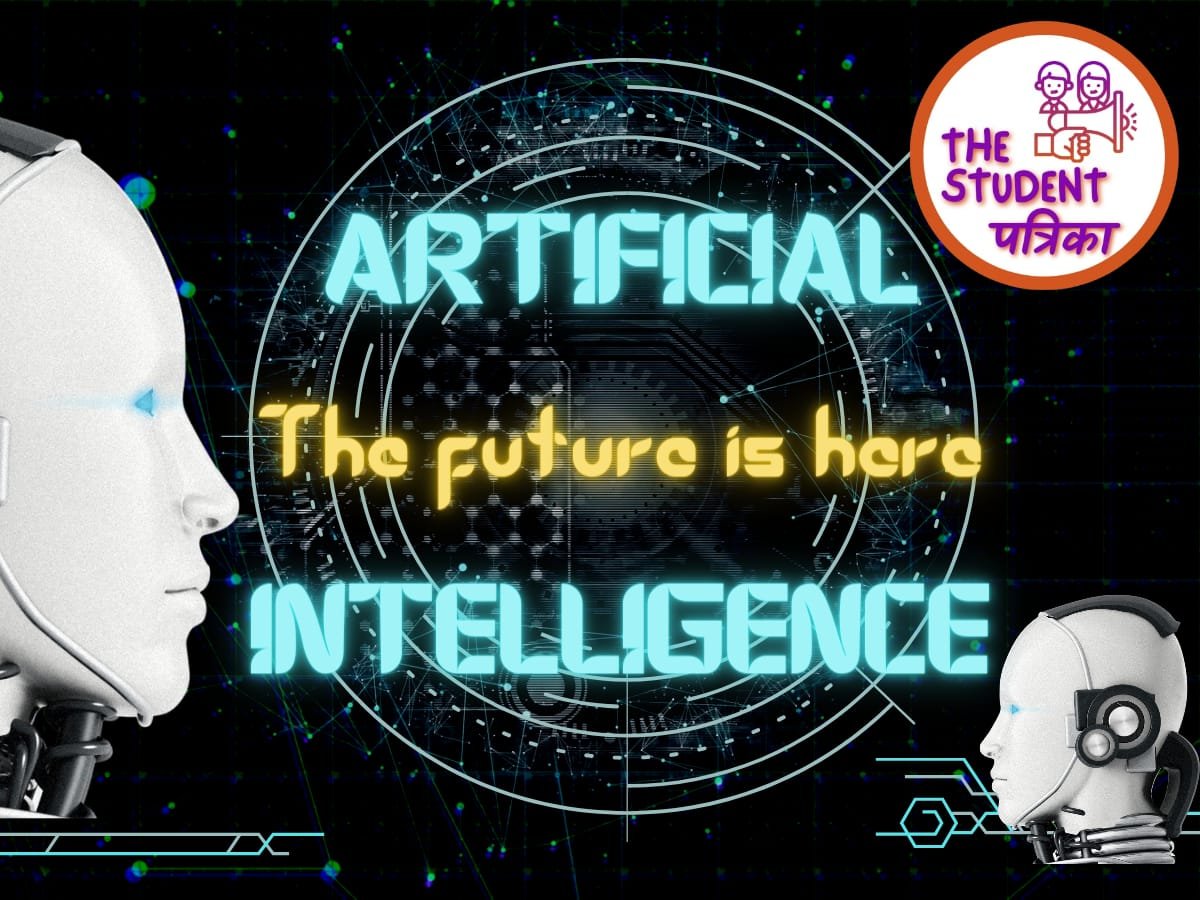
The Sudden Rise of Artificial Intelligence:
Artificial intelligence (AI) has been around for decades, but it has only been in recent years that it has seen a sudden and dramatic rise. This is due to a number of factors, including the increasing availability of data, the development of powerful computing hardware, and the advancement of machine learning algorithms.
As a result of this sudden rise, AI is now being used in a wide variety of applications, from self-driving cars to medical diagnosis. It is also having a profound impact on our lives, changing the way we work, shop, and interact with the world around us.
What is driving the rise of AI?
There are a number of factors that are driving the rise of AI. One of the most important is the increasing availability of data. In the past, AI systems were limited by the amount of data that they had to train on. However, with the advent of the internet and the proliferation of sensors, we now have access to vast amounts of data that can be used to train AI systems.
Another factor driving the rise of AI is the development of powerful computing hardware. In the past, AI systems were computationally expensive to run. However, with the development of new hardware, such as GPUs and TPUs, AI systems can now be run on much smaller and more affordable devices.
Finally, the advancement of machine learning algorithms has also played a role in the rise of AI. Machine learning algorithms are able to learn from data without being explicitly programmed. This means that they can be trained on large datasets and then used to make predictions or decisions.
The impact of AI on our lives
AI is already having a profound impact on our lives, and this impact is only going to grow in the years to come. Here are a few examples of how AI is changing our lives:
- Self-driving cars: AI is being used to develop self-driving cars, which have the potential to revolutionize transportation. Self-driving cars could make our roads safer and more efficient, and they could also provide new mobility options for people who are unable to drive themselves.
- Medical diagnosis: AI is being used to develop new medical diagnostic tools that can help doctors to identify diseases more accurately and quickly. These tools could help to save lives and improve the quality of care for patients.
- Fraud detection: AI is being used to detect fraud in a variety of industries, such as banking and insurance. This is helping to protect consumers and businesses from financial losses.
- Personalization: AI is being used to personalize our experiences in a variety of ways, such as recommending products to us online or tailoring our newsfeeds. This is making our lives more convenient and relevant.
The future of AI:
The future of AI is still uncertain, but there is no doubt that it will continue to have a profound impact on our lives. Some experts believe that AI could eventually surpass human intelligence, while others believe that it will always be a tool that we can use to improve our lives.
Regardless of what the future holds, it is clear that AI is a technology that we need to be aware of and that we need to be prepared for. We need to think about the ethical implications of AI, and we need to develop safeguards to prevent AI from being used for malicious purposes.
AI is a powerful technology, but it is also a technology that we need to use responsibly. If we do so, AI has the potential to make our lives better in many ways.
ALSO READ:










